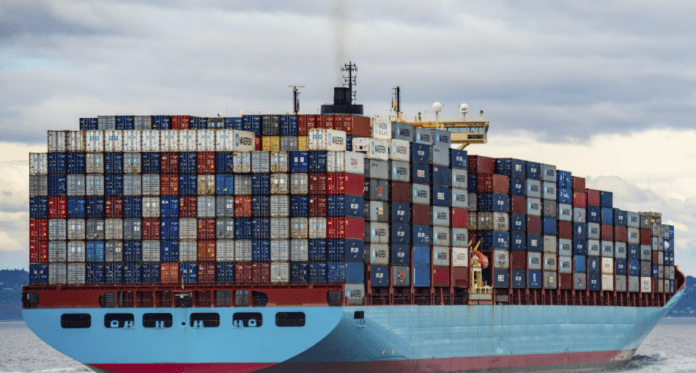Discussions are up in the air again among policymakers as to whether they should ratify the Comprehensive and Progressive Agreement for Trans-Pacific Partnership (CPTPP), a new acronym for the earlier botched Trans-Pacific Partnership (TPPA).
The underlying narrative of the CPTPP is increased trade and comprehensive market access to justify Malaysia’s participation but one wonders if these can still be achieved without CTPPA.
The CPTPP at the end of the day is an agreement and like all agreements, it is predicated on criteria and conditions that debunk the myth that it is all about trading freely which the name suggests.
Malaysia already has free trade agreements with many of the 11 member countries of the CPTPP and has little trade with countries that it does not have an agreement with.
In addition, CTPPA members also belong to the World Trade Organisation (WTO). The WTO is the single largest trade agreement conceived more than two decades ago.
It is therefore imperative that policy-makers weigh the benefits of CPTPP against the pitfalls that it may be present as they may be hidden agenda and narratives that may not be overtly expressed but covertly conceived by those who may have devious agendas up their sleeves.
Considering that Malaysia is an open economy and it has always been a trading nation, one wonders if Malaysia is likely to enjoy benefits from being a member of CPTPP any more than it is enjoying so far.
Two of the most contentious issues or chapters in CTPP are the chapters on intellectual rights and the dreaded legacy from the TPPA that is the investor-state dispute settlement provision.
On intellectual rights, analysts have already pontificated those pharmaceutical firms to raise the value of trade through higher prices and not more goods that would make medical care in Malaysia expensive and not accessible to many.
The production of generic drugs would be delayed and would have serious consequences to the standard of health care in Malaysia and other developing countries.
Then there are the investor-state dispute settlement provisions which would allow foreign companies to sue host country governments for loss of profits, including future profits due to policy changes that promote national interest.
The arbitration of these tribunals would override national laws and judiciaries in the country – which would be relegated to that of a subservient role.
The ratification of CPTPP would back-pedal the Malaysian judiciary and would be a mockery of the rule of law as Malaysia signs away its sovereignty through the CPTPP.
Another area that is likely to affect Malaysia would be the chapter on state-owned enterprises (SOEs), better known in Malaysia as government-linked companies (GLCs) have been instrumental in assisting the Malaysian economy in aiding numerous local SMEs.
There has been a spill-over effect from this that has generated employment for locals and provided business opportunities for them to grow and enhance their business. If Malaysia chooses to ratify the CPTPP, the GLCs will be restricted in the preferences for local SMEs, thus jeopardising the growth of our SMEs.
While we acknowledge that the GLC’s have their own set of problems, it is best that Malaysia institute reforms in the GLC’s without the dictates of outside interference.
The proponents of free trade and CPTPP go into a deafening silence when the contentious issue is raised.
Any decision to ratify the CPTPP must be based on sound reasoning and detailed study on all aspects of the agreements which includes a perusal of the various chapters in the trade deal with a fine-tooth comb.
We must not be hasty to ratify the CPTPP only to realise that we have been given the short end of the stick. There is compelling evidence to date of some countries who are paying dearly taking on the trodden path, and we should look before leaping into the CPTPP.









